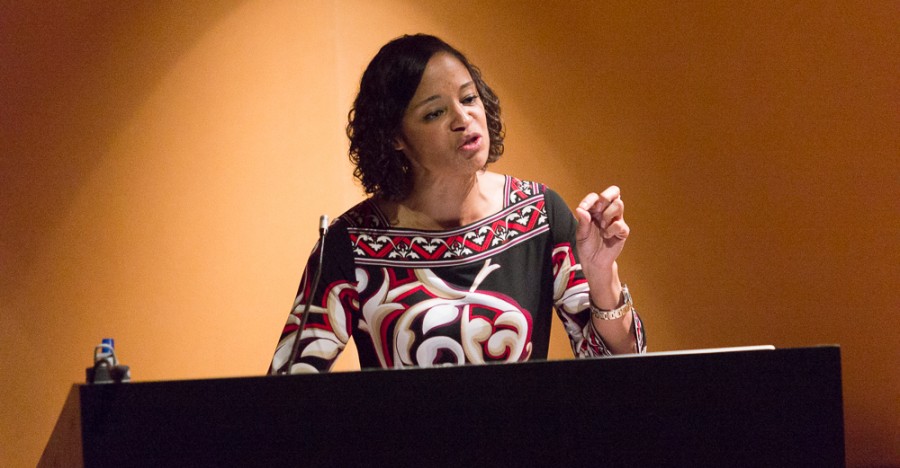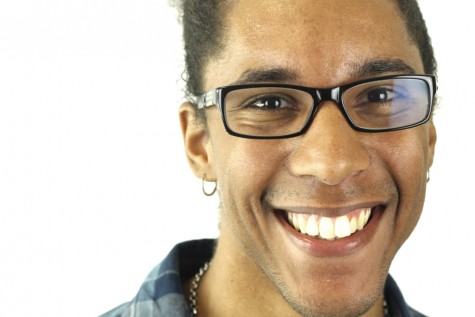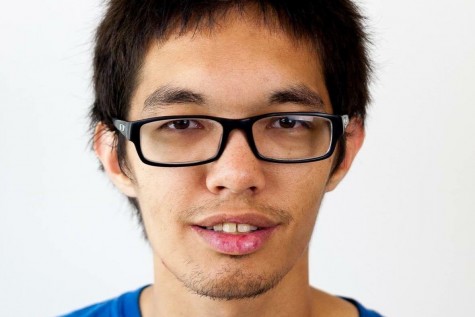Scholar sheds light on Eastern’s inclusivity status
October 27, 2014
Returning to campus, a Southern Illinois-Carbondale professor revealed to the campus that on her last visit she found the university to not be the greatest in terms of inclusion and excellence — but it has the potential to be.
The campus community — about 70 people in total — came to hear Rachel Griffin, an associate communication studies professor, unveil the results of a listening group dealing with diversity and inclusion.
Griffin, who does studies on critical race theory, has spoken nationally on topics such as racism, sexism, heteroism and other issues affecting those representing marginalized groups of people or those in privileged groups.
Griffin said inclusivity is a framework that seeks to bring about comprehensible educational reform through diversity.
“We must look to the bottom of social hierarchy to get a grip on what we do not do well,” Griffin said.
Diversity issues are not the sole responsibility of any one office, and one individual; Griffin added diversity is an everybody issue.
“Because everybody is impacted by power, privilege and oppression,” Griffin said.
Griffin, who visited the campus earlier in the month, sat and listened to students’ concerns about being marginalized in some way on campus; she said coming away from Eastern taught her two things about the campus’s inclusivity climate.
Those on Eastern’s campus who represent marginalized groups of people such as African Americans, LGBTQA, Asians and Latinos are hurting deeply, she said.
“Isolation, alienation, indifference, ignorance, invisibility and silence — that is what I learned about your campus in one day,” Griffin said.
People who come from a place of privilege and marginalization care; they care deeply about people who are hurting; however, caring is simply not enough, Griffin added.
“You can care all day long about people of color, but what are you actually doing?” Griffin said, “They can be sentimental, but it doesn’t mean it can do a damn thing.”
In terms of privilege, Griffin is speaking from a place of not knowing or understanding that those who come from the majority may have no clue of the natural privilege they hold. Essentially, a person’s privileged protects them from realizing they are even privileged at all.
“Please, contemplate your white privilege,” Griffin added.
Just to make a point, Griffin paused in her speech and rhetorically asked who the buildings on Eastern’s campus were named after and whose pictures were hung up on the walls of said buildings.
Griffin said if the campus knows and understand there is a problem with inclusion, but doesn’t actively seek out ways of remedying the situation, it’s not helping.
“We have work to do; the ‘isms’ remain regardless,” she said.
Touching on new forms of marginalized thinking, Griffin raised the controversy of the terms “color blind” and “post-racial.” She said those who say they don’t see color don’t see the person they are speaking too.
The theory of color blindness doesn’t work because all of who a person is matters. Those who profess that the United States is post-racial are mistaken.
“I don’t want to be post-racial, I want to be post-white privilege,” Griffin said.
Griffin, who is biracial, said it took until the third quarter of her PhD program until she was able to see another professor who looked like she did. Griffin added because she is mixed, white male administrators have looked at her and wondered what it is she can offer them intellectually — what it is she can bring to the table.
Whenever a person of privilege, specifically white, speak about students of color they refer to them as being “fine,” which can’t be any more far from the truth, Griffin said.
“OK, have you asked us? If you ask, (students) will likely tell you who they are and what they need,” Griffin said.
She said faculty members have said minority students were “fine,” but have not taken the time to ask them, and when Griffin does, she said they provide her with an entirely different perspective.
One of the issues Griffin brought to the audience was the notion of “tokens” being that one black student, or being that one Latino faculty member in a diversity council.
Griffin added faculty members who are on all these councils for diversity are sometimes placed there to give a false sense of security and reassure their minority students are fine.
Griffin said Eastern is different and the demographics are changing and students cannot and should not be treated the same.
“You cannot treat your students the same or similarly; your school is changing,” Griffin said.
In order for Eastern to really make excellence inclusive, the institution should change the definition of diversity. There needs to be a new set of language to help with the new definition; terms such as intersectionality and micro-aggressions.
Griffin said Eastern could become a better institution in terms of inclusion and diversity if they work on those key areas: action and a new definition of the term diversity.
“It is impossible for Eastern Illinois University to offer an excellent educational experience if that educational experience is not inclusive of diverse histories — It is simply impossible in today’s world,” Griffin said.
Roberto Hodge can be reached at 581-2812 or [email protected].



















































